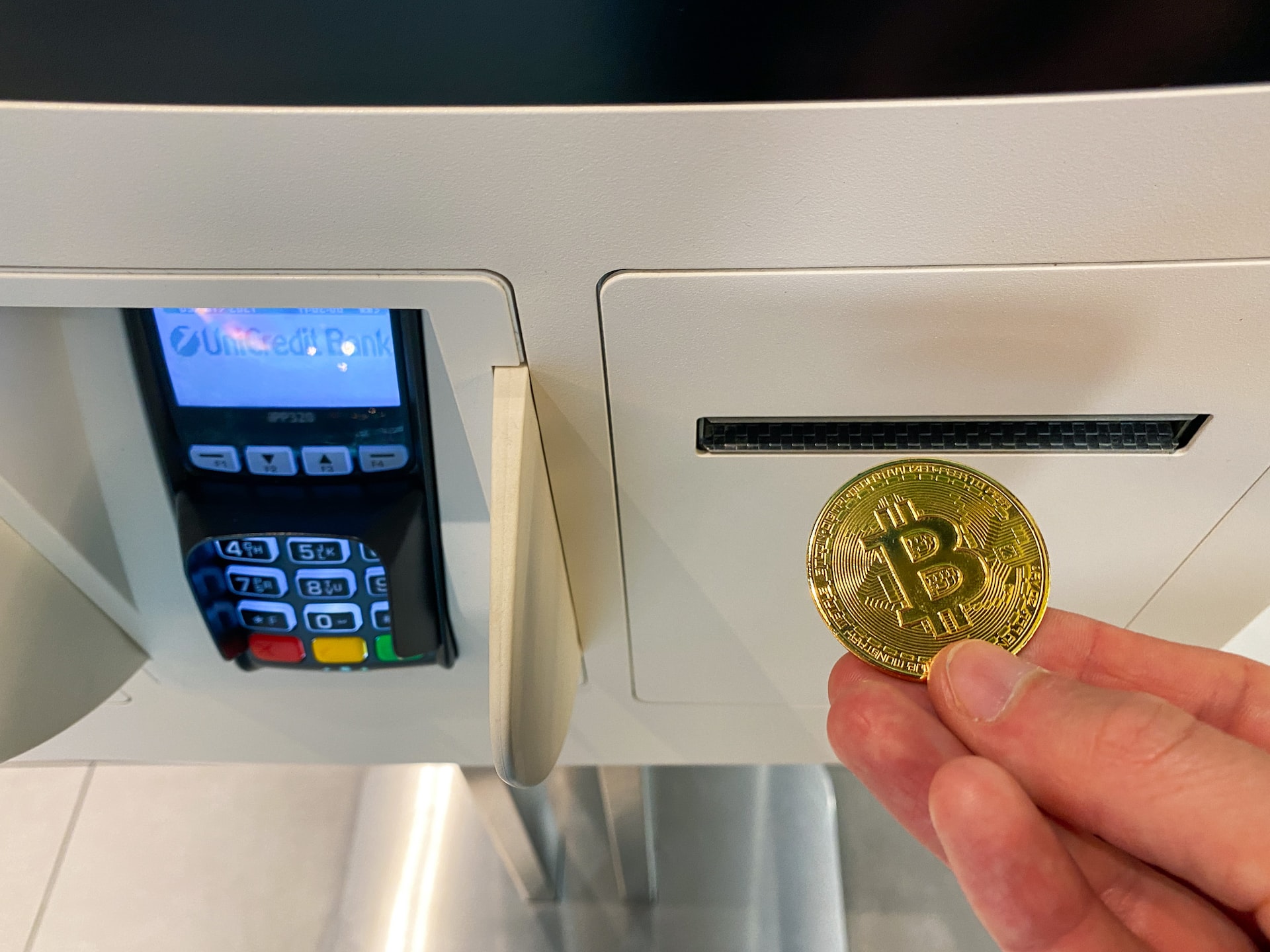Integration of cryptocurrencies with banks: what factors it depends on
Despite the fact that banks try to focus on the wishes and needs of their customers, they lag far behind the introduction of modern technology. Many financial institutions are quite conservative in their policies, which limits their use of innovative products. For example, the integration of cryptocurrencies and DLT-based solutions is still not accepted by banks.
One of the main reasons that such companies are slow to provide services with digital currencies is the high risks associated with this type of money. East & Partners conducted a survey, which found that most respondents believe cryptocurrencies are still an unreliable asset, with negative factors outweighing their benefits. One of the arguments cited is the volatility of digital money. In addition, surveyed representatives of the banking sector note that investments in expanding the use of Bitcoin or Ethereum may have a negative impact on fiat systems.
At the same time, banks are considering various options to regulate cryptocurrency activity. Solutions are being developed to increase the level of security for transactions on cryptocurrency exchanges.
It should be noted that initially, the main purpose of digital money was to provide an alternative to the traditional banking system. Cryptocurrencies do not depend on governments or financial institutions. In this case, once digital money starts to be controlled by central banks, its attractiveness declines. This is the argument made by many banking structures, explaining why they do not introduce cryptocurrency. In addition, the decentralized nature of digital assets does not play into the hands of regulators. The fact is that this technology, to some extent, makes it unnecessary for central banks to control transactions. Thanks to cryptocurrency, it is possible to make instant transfers without verification and intermediaries, and in addition, it is not necessary to pay a commission. Traditionally, a transaction is identified through a bank account, but in the case of digital money, the identifier is linked directly to the blockchain.
In addition, the decentralized nature of digital assets does not play into the hands of regulators. The fact is that this technology, to some extent, makes it unnecessary for central banks to control transactions. Thanks to cryptocurrency, it is possible to make instant transfers without verification and intermediaries, and in addition, it is not necessary to pay a commission. Traditionally, a transaction is identified through a bank account, but in the case of digital money, the identifier is linked directly to the blockchain.
Another argument of banks against cryptocurrencies is the risk of illegal activities and money laundering, which are easy to conduct through anonymous transactions. It is often almost impossible to trace the participants of a payment transaction, which increases the popularity of crypto in fraudulent schemes. The question regarding volatility also remains open, as digital money is still unstable, its price fluctuates from peaks to lows in a short period of time. In this case, there are many factors, including the characteristics of the market and the number of participants. For banks, this is a high risk, as they believe that cryptocurrency cannot be seen as a stable instrument for investment.
However, despite all the disadvantages, it should be understood that cryptocurrency is becoming more and more in demand, and banks need to think about the long-term perspective of attracting large customers.










